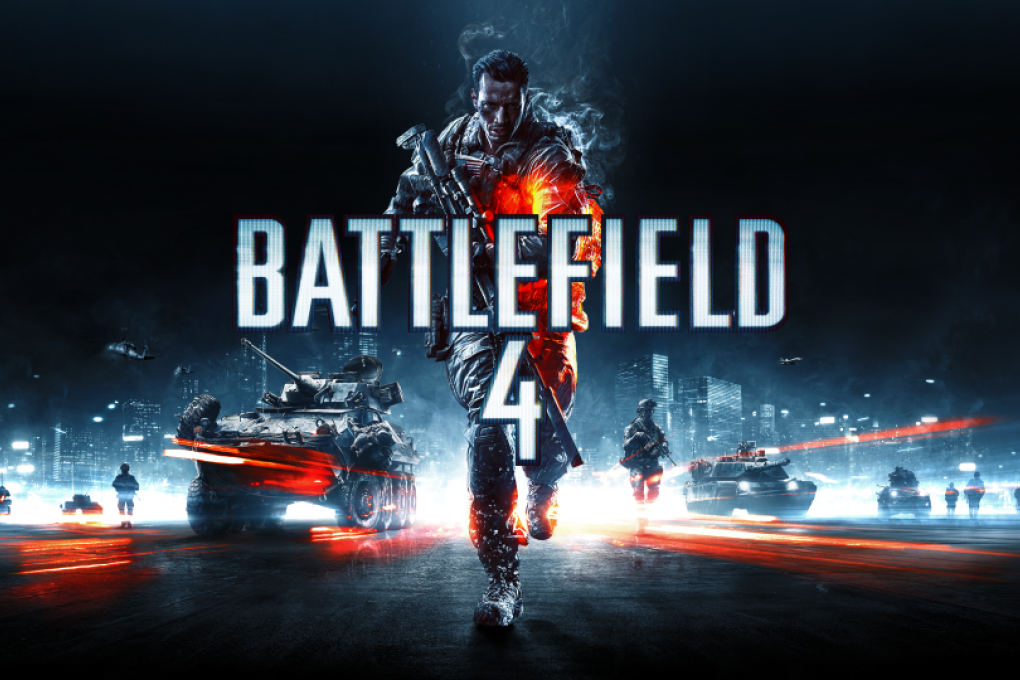Chinese state media says Battlefield 4 video game is a 'new form of cultural aggression'
The critically acclaimed game's depiction of the Chinese military has come under fire

Chinese state media has taken aim at recently released video game Battlefield 4, accusing it of “demonising the image of China in a new form of cultural aggression”.
“[In the game], American soldiers attack Shanghai [and] exchange fire with the People’s Liberation Army,” the editorial read. “Set in the year 2020, China’s domestic unrest is the [game’s] backdrop, and the US military must fight for peace and uncover China’s conspiracies.”
The editorial went on to critique the game’s plot, which features a renegade Chinese general as a main villain, and said it was full of “profanity” and “made no sense”.
“When western countries would make war games in the past, they would settle on Russia if they needed an imaginary enemy,” the article read. “But in recent years, with the boosting of China’s national strength, China threat theories run rampant, and foreign companies are increasingly keen to put the Sino-US conflict in their games as a gimmick to attract attention.
“The use of video games…to discredit one country’s image in the eyes of other countries is a new form of cultural penetration and aggression.”